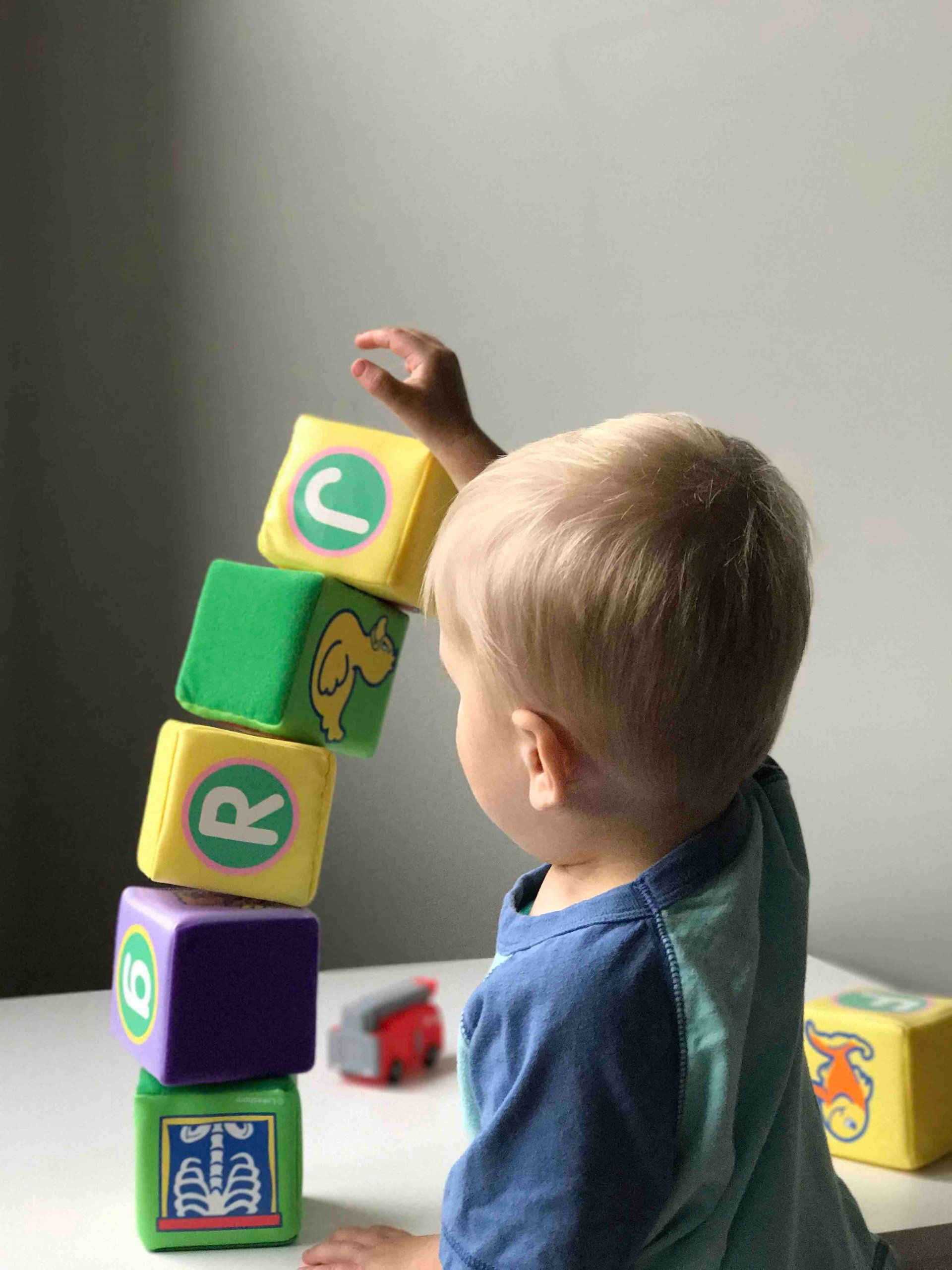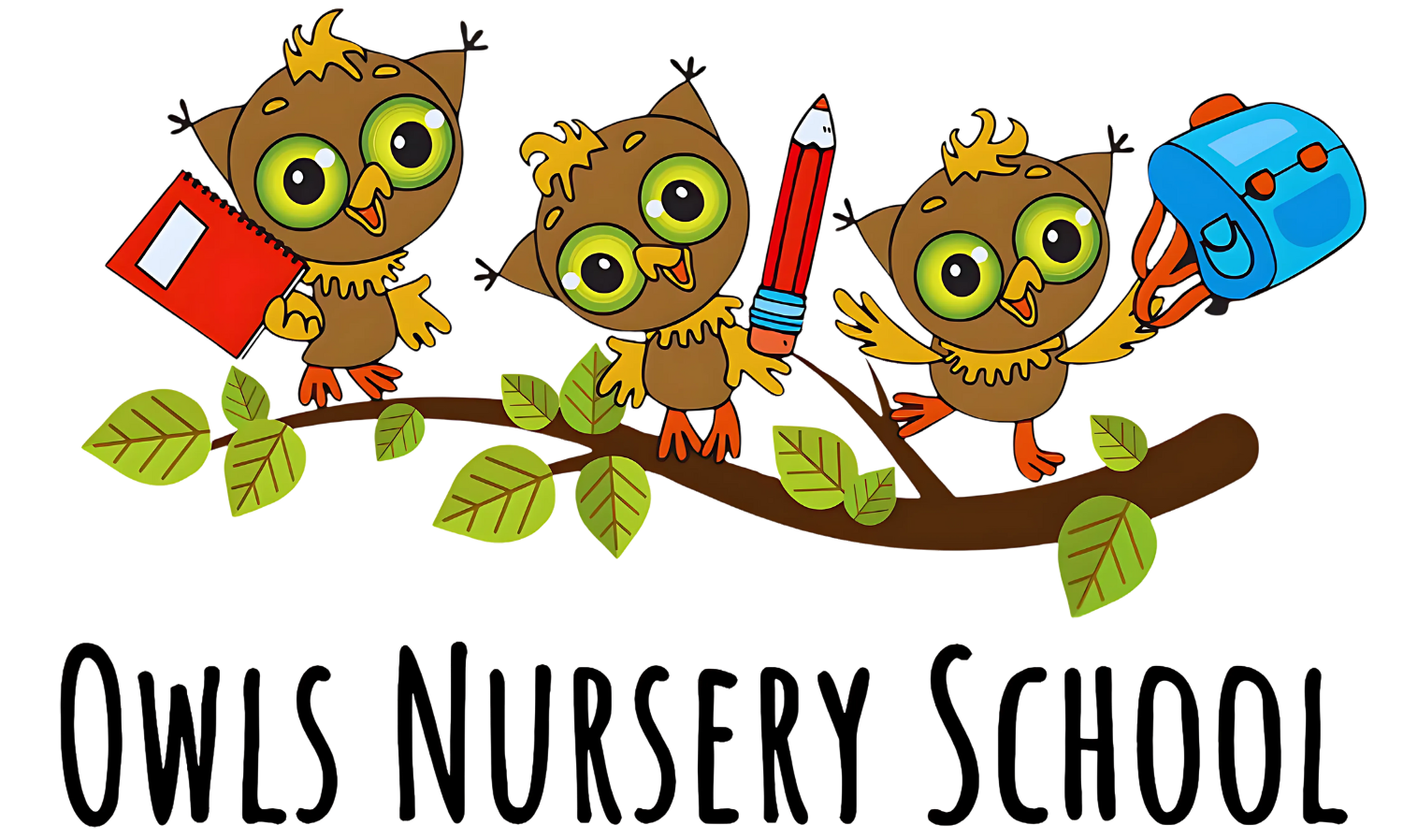Curriculm
Our curriculum is built on five key principles outlining what we aim for our children to know, understand and be able to do. They are:
We use the Birth to Five Matters document to guide children's development across seven areas of learning in the Early Years Foundation Stage (EYFS), which include communication and language, physical development, personal, social and emotional development, literacy, mathematics, understanding the world, and expressive arts and design.

